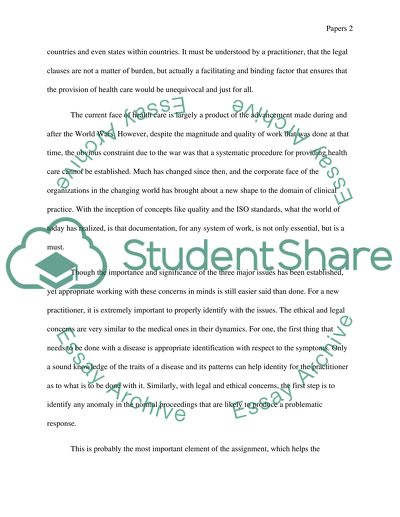Cite this document
(“Health Care Ethics Essay Example | Topics and Well Written Essays - 3250 words”, n.d.)
Health Care Ethics Essay Example | Topics and Well Written Essays - 3250 words. Retrieved from https://studentshare.org/miscellaneous/1499100-health-care-ethics
Health Care Ethics Essay Example | Topics and Well Written Essays - 3250 words. Retrieved from https://studentshare.org/miscellaneous/1499100-health-care-ethics
(Health Care Ethics Essay Example | Topics and Well Written Essays - 3250 Words)
Health Care Ethics Essay Example | Topics and Well Written Essays - 3250 Words. https://studentshare.org/miscellaneous/1499100-health-care-ethics.
Health Care Ethics Essay Example | Topics and Well Written Essays - 3250 Words. https://studentshare.org/miscellaneous/1499100-health-care-ethics.
“Health Care Ethics Essay Example | Topics and Well Written Essays - 3250 Words”, n.d. https://studentshare.org/miscellaneous/1499100-health-care-ethics.


